Government has 'moral duty' to compensate over blood scandal
- Published
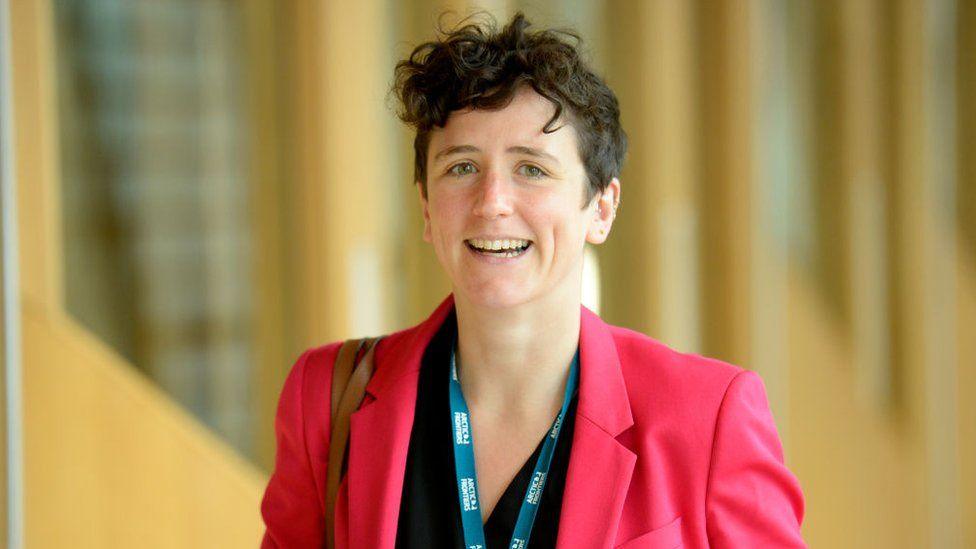
Mairi Gougeon gave evidence to the inquiry from St Andrew's House in Edinburgh
Scotland's public health minister has told the UK Blood Inquiry that the government has a "moral duty" to care and provide for the people impacted.
Mairi Gougeon said it was inevitable that the UK government will need to provide compensation.
The inquiry is looking at how thousands of patients across the UK were treated with Hepatitis C infected blood or HIV in the 1970s and 1980s.
The scandal has been described as the NHS's worst ever treatment disaster.
The 2015 Penrose Inquiry in Scotland examined how an estimated 3,000 patients were infected with hepatitis C and HIV.
The Scottish government has agreed financial support for those affected. The UK-wide inquiry started in 2018 and is looking again at what happened to patients in Scotland.
Mairi Gougeon gave evidence remotely from St Andrew's House in Edinburgh on Tuesday.
Lead counsel Jenni Richards QC asked Ms Gougeon: "As minister in the Scottish government, do you share the view expressed by the Paymaster General that it is inevitable that the [UK] government will need to provide substantial compensation to these infected and affected?"
Ms Gougeon replied: "Yes."
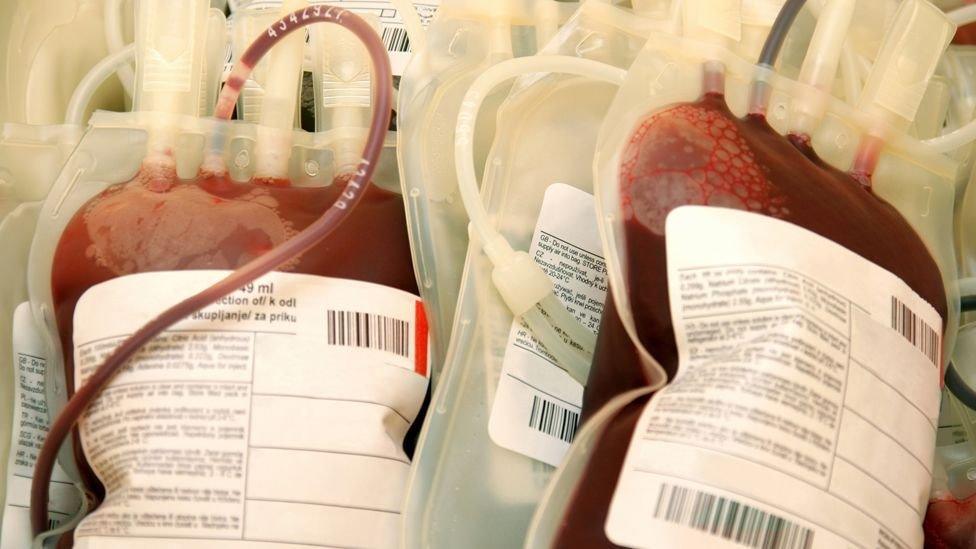
Infected blood donations were pooled and used in the 1970s and 1980s for treatments
Ms Richards added if the Scottish government was "committed to doing everything it possibly can" to ensure that this was achieved.
Ms Gougeon said: "I know there'll be the review into that ... so I think we would have to look at the recommendations of that and the recommendations of the inquiry, working with the other four nations in relation to that too."
Samantha Baker, team leader of the Infected Blood Team in the Scottish government's Health Protection Division, also gave evidence.
Ms Richards said there were "fairly significant differences" between the types of payments and the amounts from the four nations.
Payments are currently made through the Scottish Infected Blood Support (SIBS) scheme which was set up in April 2017.
Mairi Gougeon added that it was "really important" to maintain the Scottish scheme because it was "flexible to the needs of people" and could respond quickly if changes needed to be made.
- Published24 September 2018
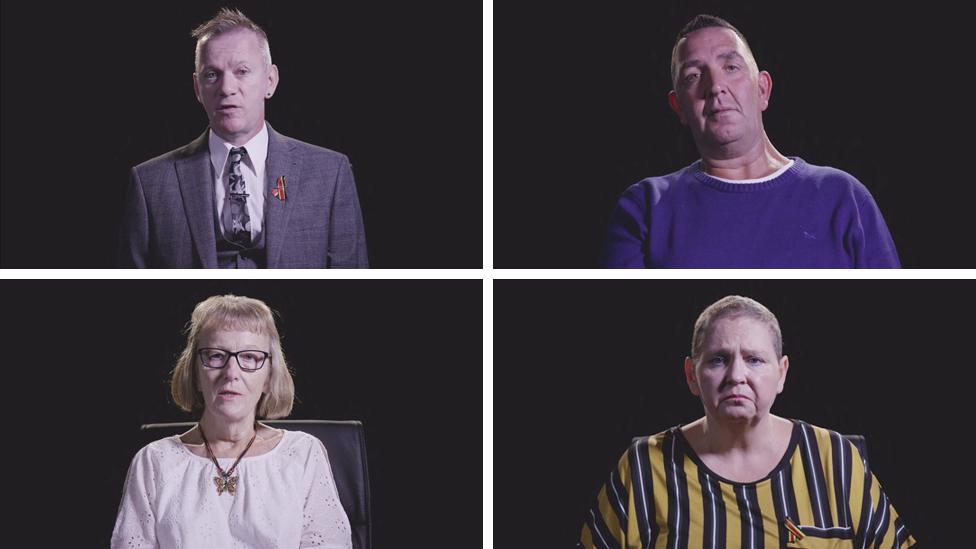
- Published29 December 2016
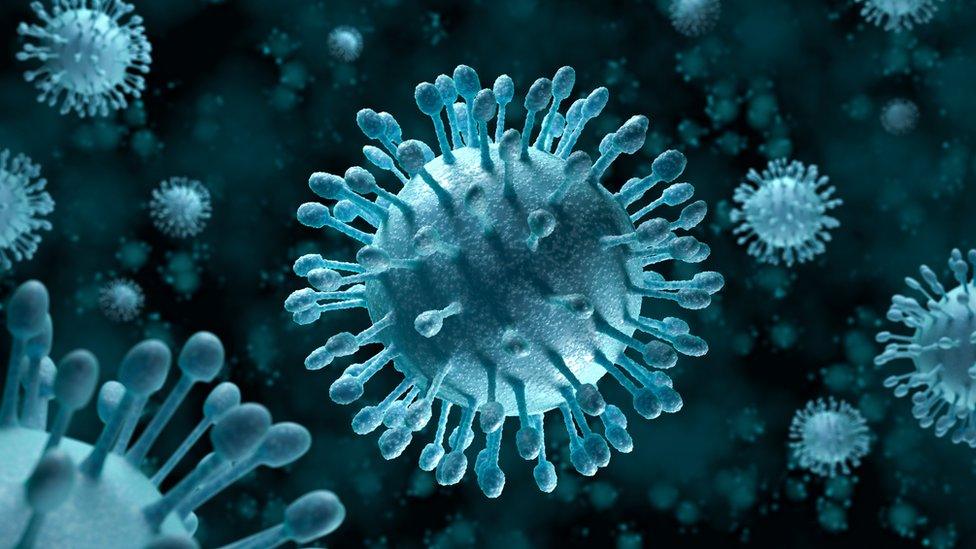
- Published24 September 2018
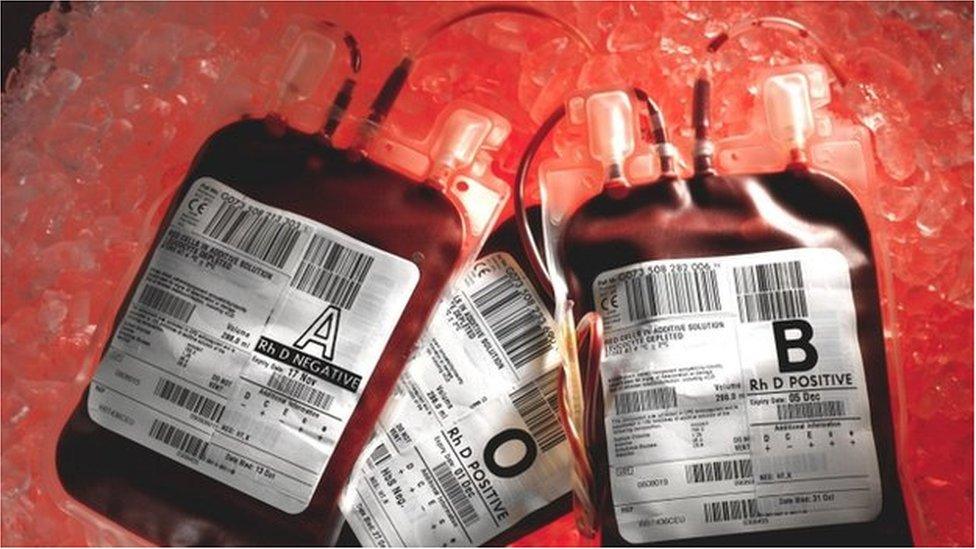
- Published2 December 2020
